This App Lets You Use Samsung’s Tracker Tags With Any Android Phone

Mishaal Rahman / Android Authority
TL;DR
- A new app called uTag lets you use Samsung SmartTags with any Android device.
- The app is free to download but requires also installing a patched version of Samsung’s SmartThings app in order to function.
- Most functionality has been replicated, including precision finding, while new features have been added like widget support.
When Google finally launched its Find My Device network last year, we were really excited. Users were hoping that it would be the Android equivalent to Apple’s Find My network, and on paper, that’s what it should be. However, Google configured the network such that its performance is neutered outside of highly dense urban areas. One developer got so fed up with the unreliability of Google’s AirTag competitors that he decided to ditch them entirely and use Samsung’s tracker tags. The only problem is that Samsung’s tags work exclusively with Galaxy devices, at least until now. Meet uTag, an app that lets you use Samsung SmartTags with any Android phone.
uTag is an Android app that essentially replicates SmartThings Find, the Samsung-made app that lets you visually track your Samsung devices. With uTag, you can set up a brand new Galaxy SmartTag2, view its location, ring it, change its ringtone, customize its button behavior, and so much more. The app also alerts you about unknown SmartTags traveling with you, notifies you when a tag has been found or left behind, and lets you share tags with family members. It even supports precision finding on devices that are equipped with ultra wideband (UWB) radios, which is amusing because Google’s network still doesn’t support this feature.
With a few exceptions, uTag does everything that the SmartThings Find app does and then some. The developer, Kieron Quinn, went so far as to add widgets for displaying tag location, offline location viewing, biometric security, and location history exporting. You can even use your phone to contribute the location of nearby SmartTags not owned by you to Samsung’s network, in case you feel bad about just leeching off the network.
To use uTag, you need to install a patched version of Samsung’s SmartThings app. This is because the official SmartThings app checks if you’re running it on a Samsung device, and it also only communicates with the official SmartThings Find app. The patched version of the SmartThings app disables these device checks and also allows it to work with uTag.
Fortunately, the uTag app will download the patched version of SmartThings during setup, so you don’t have to worry about locating it yourself. You will, however, have to sign in to your Samsung account two times — once in the modified SmartThings app to see all your SmartThings devices and again in the uTag app so it can communicate with Samsung’s APIs.
If you’re wondering whether uTag is safe to use, that’s a totally fair question. After all, you should always be wary of entering your login credentials into apps you don’t trust. This concern is why the developer made the app open source; he welcomes you to verify the app’s legitimacy before signing in to your Samsung account. While we haven’t audited the code ourselves, we trust the developer given his extensive history in the community, having previously made open source versions of Google’s Now Playing and At a Glance features.
As for whether the app actually works, I’ve been using uTag for nearly a month now with my Galaxy SmartTag2 and can confirm that it works as advertised. The app allowed me to connect to and view my tag’s location from my OnePlus 13 while I was traveling last month, and while I initially had some issues with the map not working and the app occasionally signing me out, both problems have been resolved prior to the public release. The developer is quick to respond to feedback through his Discord server for the project, so if you encounter any issues while using uTag, I recommend you get in touch there or open an issue on GitHub.
Speaking of which, if you want to try out uTag, you can download it from GitHub. It works on any device running Android 11 or later and doesn’t require root access, though if your phone is rooted, then you can use an Xposed module to live-patch the SmartThings app instead of installing a patched version.
Hopefully Samsung doesn’t shut down the APIs that uTag relies on, because that would be a bummer. In our testing, Samsung’s trackers consistently outperformed Google trackers, but their device requirement makes them a nonstarter for anyone without a Samsung Android phone. uTag eliminates this artificial barrier and opens up Samsung’s network to more Android phones, making the Galaxy SmartTag a viable option for more people.
If this setup sounds like something you’re interested in, let us know in the comments below! And if you want more details on uTag, check out the developer’s original blog post.
Got a tip? Talk to us! Email our staff at [email protected]. You can stay anonymous or get credit for the info, it’s your choice.
What’s your reaction?
Love0
Sad0
Happy0
Sleepy0
Angry0
Dead0
Wink0
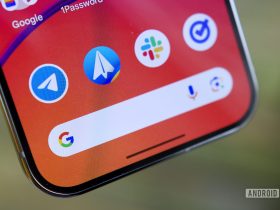
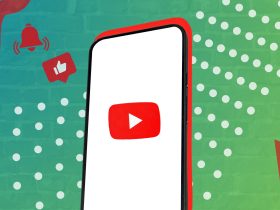
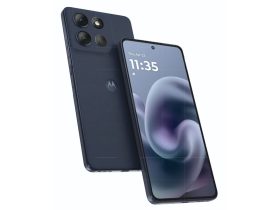
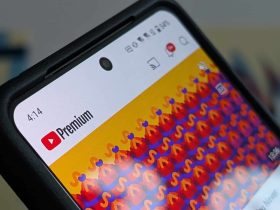

![roku-clarifies-how-‘pause-ads’-work-amid-issues-with-some-hdr-content-[u]](https://betadroid.in/wp-content/uploads/2025/05/19148-roku-clarifies-how-pause-ads-work-amid-issues-with-some-hdr-content-u-370x250.jpg)

![look-at-this-chrome-dino-figure-and-its-adorable-tiny-boombox-[gallery]](https://betadroid.in/wp-content/uploads/2025/05/19134-look-at-this-chrome-dino-figure-and-its-adorable-tiny-boombox-gallery-370x250.jpg)
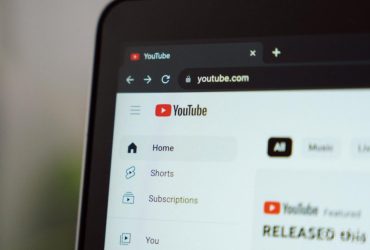
Leave a Reply
View Comments